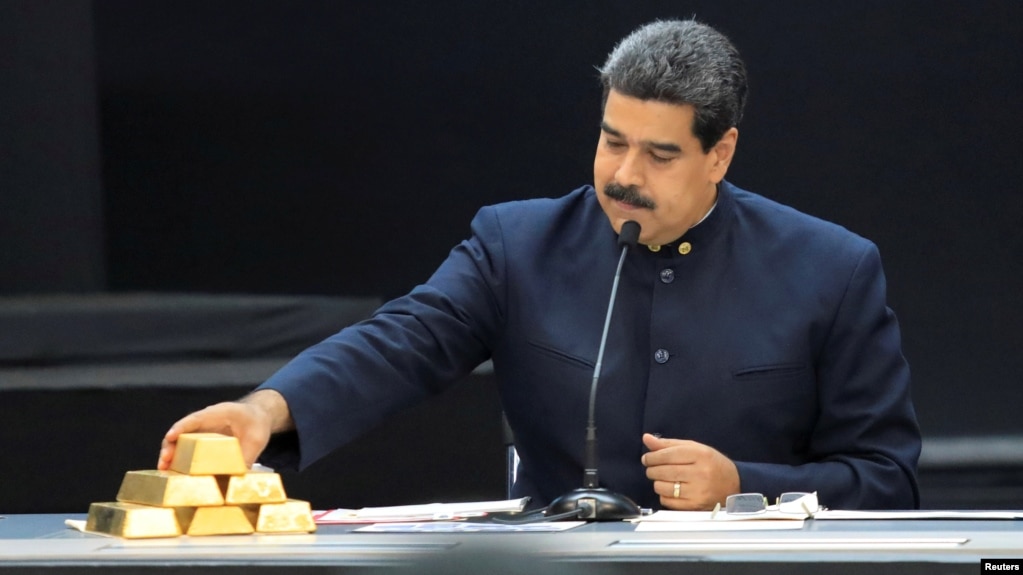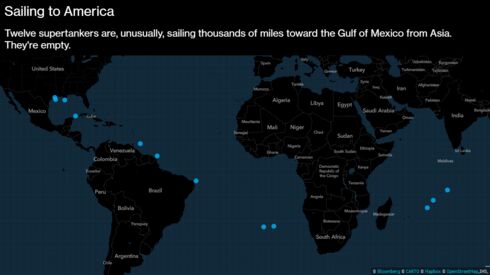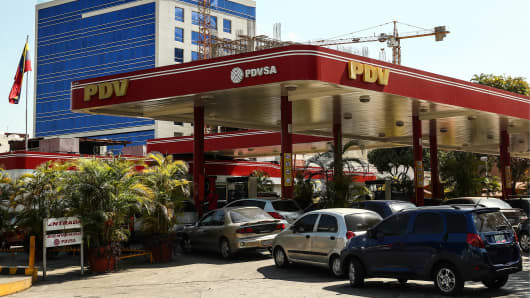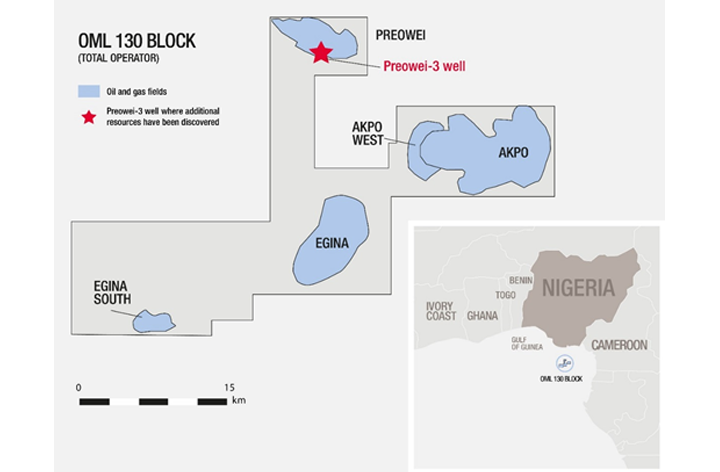
The Citgo Petroleum Corporation headquarters are pictured in Houston, Texas, U.S., February 19, 2019. REUTERS/Loren Elliott
(Reuters)
- U.S. refiner Citgo Petroleum Corp is formally cutting ties with its
parent, state-run oil firm Petroleos de Venezuela SA, to meet U.S.
sanctions imposed on the OPEC country, two people close to the decision
told Reuters on Tuesday.
Executives
at the Houston-based firm set a Feb. 26 deadline to end relationships
with PDVSA following sanctions designed to curb oil revenues to
socialist President Nicolas Maduro and support the nation's transition
government formed by Venezuelan congress head Juan Guaido.
The
United States, Canada and dozens of other nations have recognized
Guaido as Venezuela's legitimate president, but Maduro still controls
the military, public institutions and PDVSA, which provides 90 percent
of the country's export revenue.
Citgo
has halted payments to its parent, subscriptions to corporate services,
email communications and minimized mentions to PDVSA on marketing
materials and its website.
Expatriate
Venezuelan employees this month returned to Venezuela and a procurement
subsidiary operating from Citgo's headquarters, PDVSA Services, was
shut, the people familiar with the matter said.
A Citgo spokeswoman did not respond to requests for comment.
The
company is trying to free itself of sanctions that have hampered access
to financing. It is prioritizing refinancing a revolving credit and
term loan by the end of July, the sources said. Credit rating firm Fitch
on Monday placed Citgo on rating watch citing heightened refinancing
risk due to sanctions.
"We have been told that we have to organize the house by Feb. 26 to avoid conflicts with sanctions," one of the sources said.
A
new Citgo board of directors was appointed this month by the Venezuelan
congress under Chairwoman Luisa Palacios, who last week named a
management team under Rick Esser, the company's new executive vice
president. New boards for PDVSA and subsidiaries, PDV Holding and Citgo
Holding, also have been appointed by the Venezuelan National Assembly.
Citgo
is Venezuela's main foreign asset. It is the eighth largest U.S.
refiner, with a 750,000-barrel-per-day refining network capable of
supplying 4 percent of the country's fuel through a network of some
5,000 gas stations in 30 states.
The
Venezuelan congress has been researching the South American nation's
assets and bank account around the globe in an effort to gain access to
cash and foreign facilities.
It
is unclear if Citgo's new board has completed a registration process in
Delaware to legally take control of the company. The new board could
face a legal challenge by PDVSA's current leadership if the board was
not legally constituted.










